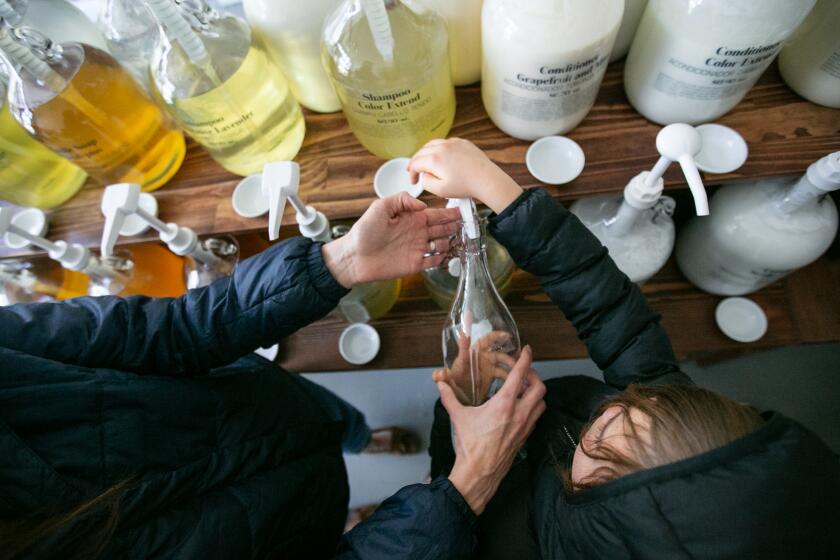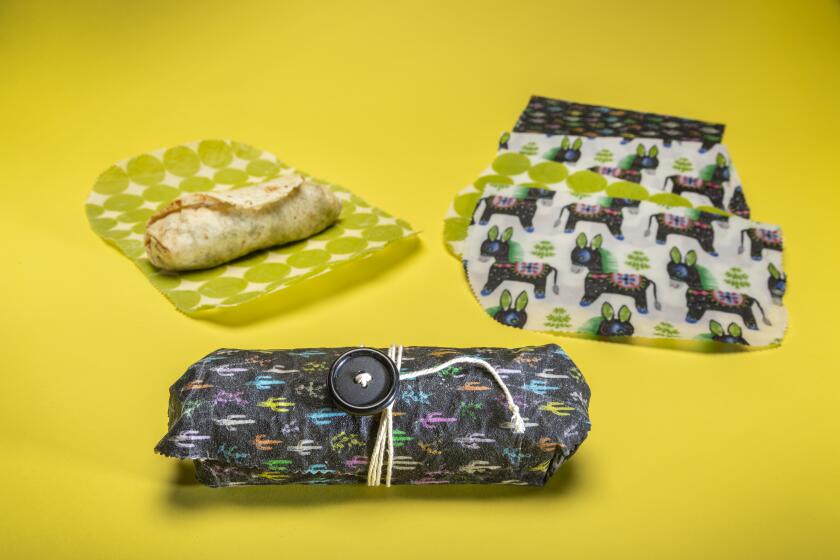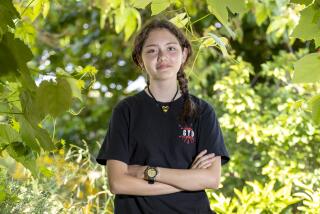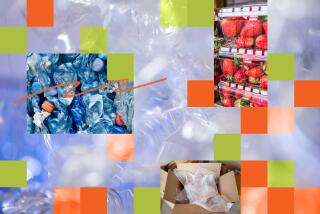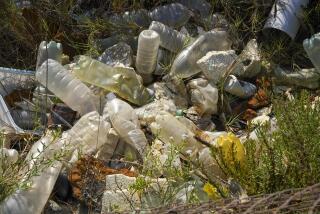10 steps to take to start becoming plastic-free
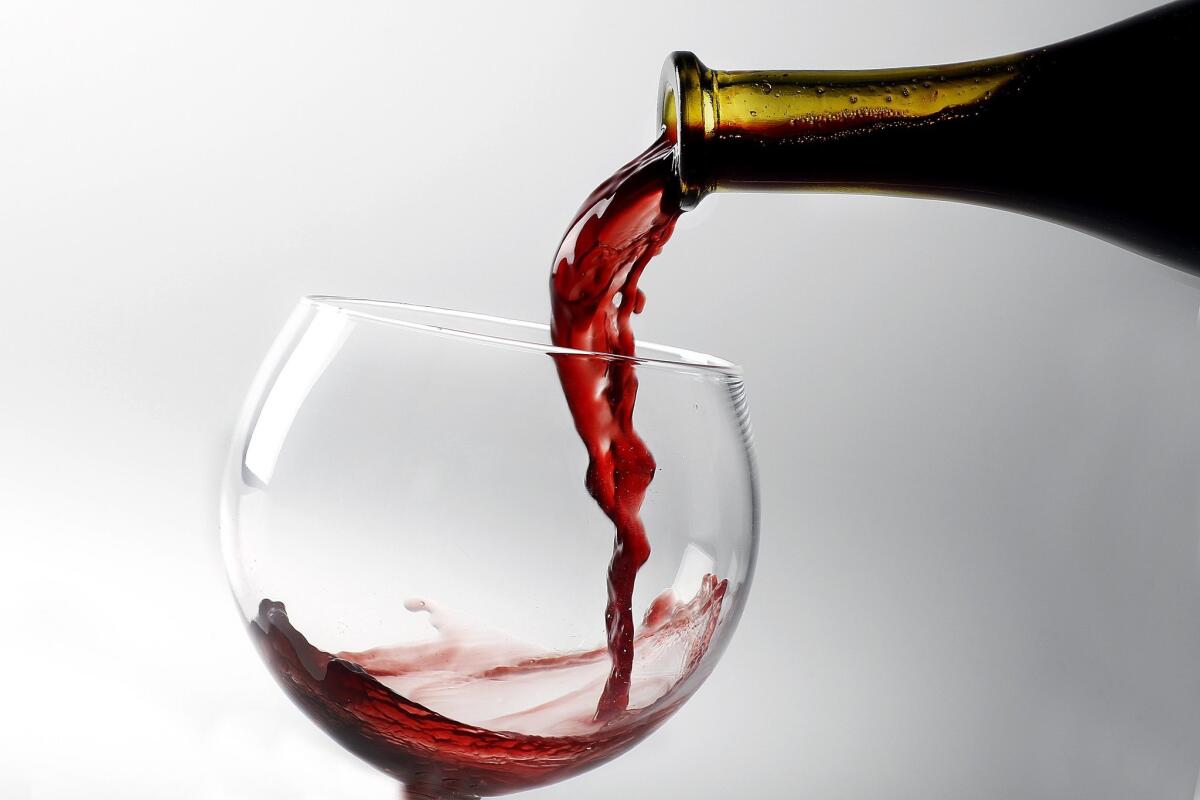
Given how many plastic products we buy every day, it’s hard to think about cutting plastic out of your life. A few years ago, the Guardian reported that people around the world buy 1 million plastic bottles per minute — or 20,000 bottles every second.
So where do you begin changing it up? Beth Terry, who writes about how she kicked the plastic habit over a decade ago in books and at myplasticfreelife.com, advises newcomers to try not to be overwhelmed by doing everything at once. Instead, set reasonable and attainable goals and go from there. Here are some tips from her list of 100 Steps to a Plastic-Free Life.
The big four: You’ve likely already figured out how to banish single-use plastic water bottles, bags, straws and produce bags by shopping with your own reusable bags and refilling water bottles rather than buying single-serve items. Step it up by bringing your own containers for takeout food and leftovers.
Fresh bread: Avoid bread in plastic bags by buying fresh loaves from a bakery or farmers market and putting them in a cloth bag or tin. Terry uses leftover jumbo popcorn bins.
On the road: Bring your own mug when you travel to avoid using plastic or Styrofoam cups in your hotel room. Also carry a set of reusable utensils for eating. Ditto for headphones; don’t grab the ones airlines hand out for free, which often are wrapped in plastic too.
Angelenos have already trained themselves to bring reusable bags on grocery store runs. Are reusable bottles next?
Little things: Just say no to extra packaging such as those little plastic platforms (called “package savers”) placed in the middle of your to-go pizza. Terry says you can ask to skip the three-legged pizza saver when you place your order.
Let it go: Most frozen foods come in boxes lined with or coated in plastic. “This was a hard one,” Terry writes on her website. “I agonized over which brands of frozen meals used the best containers, but in the end, there was just no sound alternative.” This means making fresh food choices to cut plastic waste.
Choose better gum: Chewing gum, once made from chicle derived from sapodilla trees, long ago changed. Companies turned to plastics and other materials to make it more chewable. You can find brands, such as Glee Gum, that still make gum from chicle tree sap.
Wine watch: How do you know if the bottle of wine you choose has a cork or plastic stopper? You likely won’t, but the website Corkwatch (recork.com/corkwatch) can help. You can search by brand and wine type to find the answer.
Skip the single-use plastic bags in your lunchbox. Here’s a DIY for making your own reusable beeswax food wraps.
Coming clean: Hand-wash dishes with baking soda or bar soap, good replacements for dishwashing liquids, Terry writes.
No gifts, please: Choose to give experiences rather than stuff when it comes to gift-giving. If you’re the birthday girl or boy, tell friends and loved ones that presents must be plastic-free or suggest they make a donation to your favorite charity.
Don’t go it alone: Plenty of people are sharing their plastic-free tips and lifestyles online. Visit myplasticfreelife.com, treehugger.com and onegreenplanet.org. These are good places to stay inspired and find fresh ideas to try.
More to Read
Sign up for The Wild
We’ll help you find the best places to hike, bike and run, as well as the perfect silent spots for meditation and yoga.
You may occasionally receive promotional content from the Los Angeles Times.
